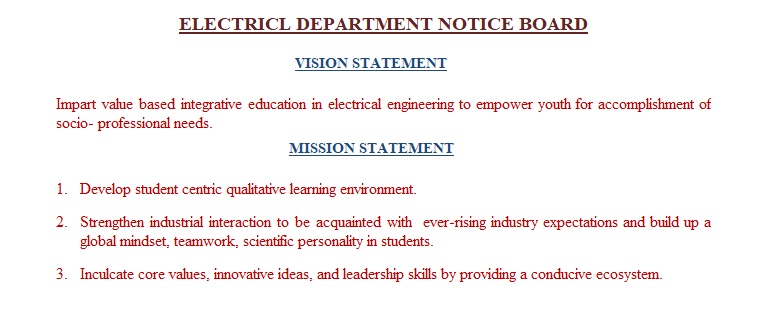SUB:
POWER ELECTRONICS:1 BE
(ELECT)-5 SEM QUESTION BANK
- Explain Turn-On methods of a Thyristor.
- Explain voltage rating of SCR.
- Discuss construction, working & V-I characteristic of UJT.
- Explain parallel operation of SCRs.
- Explain Power Transistor.
- What is snubber circuit ? Why is it needed ? Draw such circuit for a SCR and give guidelines for selecting it’s components.
- Explain single phase full wave converter with necessary waveform.
- Explain steady state V-I characteristics of power BJT. Also discuss the second breakdown phenomenon in brief.
- Draw & explain dynamic turn-on characteristics of SCR.
- Explain two transistor analogy of an SCR.
- Explain RC firing circuit for SCR. Draw output voltage waveform for firing angle equal to 90 degree.
- What do you mean by commutation of SCR? Explain any one method in brief.
- A relaxation oscillator using a UJT is to be designed for triggering an SCR. The UJT has the following data :Ip =0.6mA, Vp=18V, Vv=1V, Rbb=5KΩ, ɳ=0.72, C=0.04μF, firing frequency is 2KHz, normal leakage current with emitter open is 4.2mA. Compute the values of R, R1 & R2.
- Write a short note on protection of SCR.
- Explain the working of MOSFET.
- Derive the expression for average output voltage, RMS output voltage for single phase half wave rectifier assuming purely resistive load. Draw necessary waveform.
- Explain steady state V-I characteristics of power BJT. Also discuss the second breakdown phenomenon in brief.
- List out the different protection is provided to SCR. Explain Crowbar protection circuit for SCR.
- Explain a.c phase control of TRIAC using Diac.
- Explain the three phase Half wave controlled rectifier with resistive load.
- What do you mean by pulse width modulation? What are the advantages of pulse width modulation techniques? Explain sinusoidal pulse width modulation techniques.
- Explain the working of step-down and step up chopper. Give the comparison between two.
- What is the difference between Linear voltage regulator and Switch mode power supply? Explain the working of both regulators.
- A single phase full converter, connected to 230V,50 Hz source, is feeding a load R=10Ω in series with a large inductance that makes the load current ripple free. For a firing angle of 45°,calculate the input and output performance of this converter.
- What are the control strategies for chopper? Explain in brief.
- Explain the operation of dual converter.
- Explain regenerative braking control in DC machines using chopper circuit.
- Derive the expression for average output voltage, RMS output voltage for single phase half wave rectifier assuming purely resistive load. Draw necessary waveform.
- Explain RC firing circuit for SCR. Draw output voltage waveform for firing angle equal to 90o.
- What do you mean by commutation of SCR? Explain any one method in brief.
(Also refer Questions
from GTU question paper)

No comments:
Post a Comment